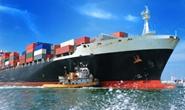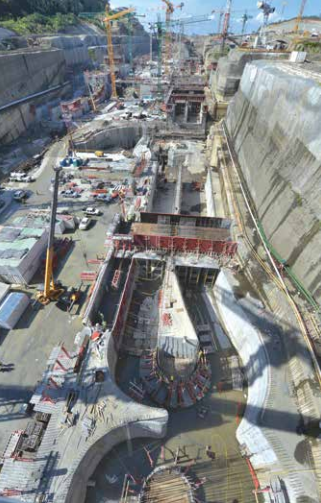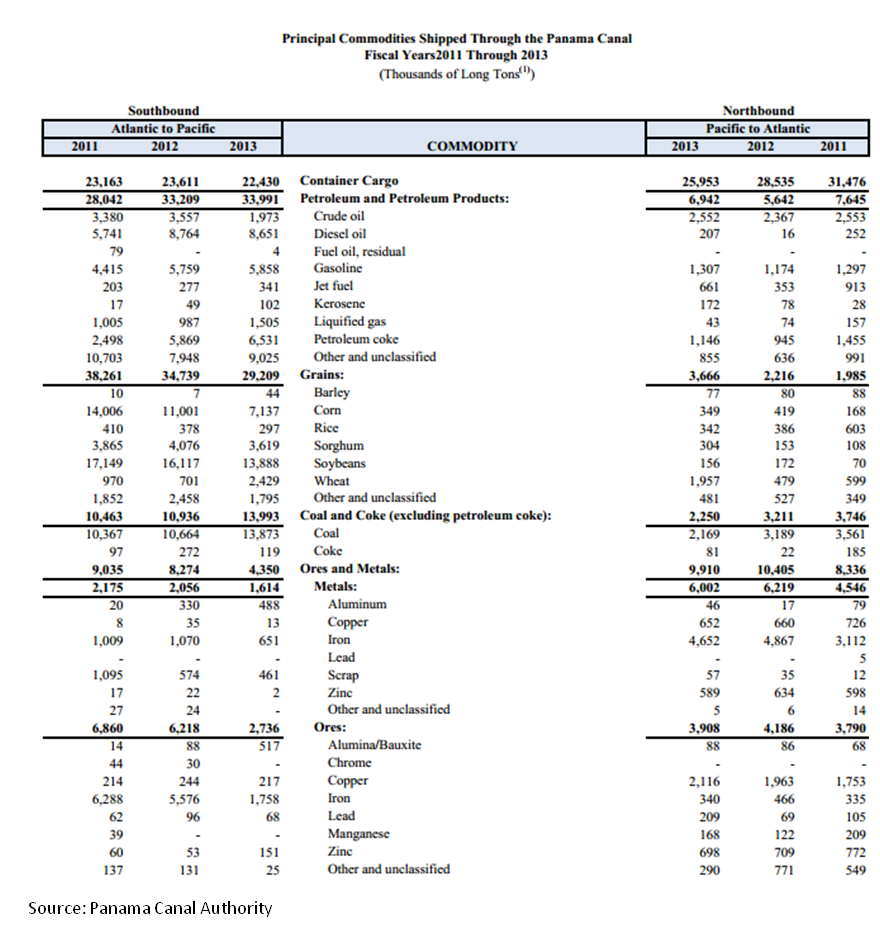Market Data

January 21, 2014
Panama Canal Expansion Stalling on Cost Dispute
Written by Sandy Williams
Construction on the $5.2 billion Panama Canal expansion continued at a reduced rate on Monday despite threats by contractor consortium Grupo Unidos por El Canal, S.A. (GUPC) that work would be suspended due to lack of payment by the Panama Canal Authority (PCA).
The Spanish controlled consortium was hired to build the third set of locks for the Canal expansion for $3.1 billion after submitting a low-ball bid to Panama’s government. In December, GUPC threatened to shut down operations by January 20 if not paid an extra $1.6 billion for cost overruns that the consortium says were unavoidable.

GUPC reduced its demand to $400 million after PCA countered with an offer to pay $183 million with the consortium adding another $100 million to cover costs until a permanent deal could be reached. So far the two sides are unable to reach a compromise.
In a Jan. 19 press release, the Panama Canal Authority said the suspension was not valid and goes against the contract that was agreed on for the third set of locks. The contract allows the consortium to suspend work if the employer fails to pay the contractor but PCA says invoices are always paid within 15 days of presentation, well ahead of the 56 days specified in the contract. Construction activity at the site has dropped by more than 70 percent with less than half of workers on the job.
The European Commission vice president Antonio Tanji has offered to mediate the dispute.
The European Commission is seeking “a financial solution so that the companies can resolve an immediate liquidity problem and the work can continue at the expected pace,” said Spanish Foreign Minister Jose Manuel Garcia-Maragallo on Monday.
Both sides say they are working to find a solution but, in the meantime, canal administrator Jorge Quijano scheduled a meeting with PCA’s insurance company, Zurich America, to explore options in case a deal can’t be reached. Quijano said the PCA is prepared to find funding to finish the job themselves if need be.
The expansion, begun in 2009, includes dredging of navigational channels, raising Gatun Lake’s operating level to improve Canal water supply and draft dependability, and the construction of third set of locks. The project will double the capacity of the 50 mile canal allowing larger Post-Panamax ships to pass through with cargo capacity of 12,000 containers as compared to 5000 currently. About six percent of world commerce passes through the Panama Canal each year. In 2013, 209.8 million tonnes of cargo passed through the Panama Canal. The chart below is a partial listing of commodities shipped in the past three years.

The project was originally slated for completion in 2014 but was pushed back to 2015 after an initial dispute with GUPC about cement quality. If the Canal Port Authority is forced to take over completion of the locks, the delay could further set back completion and cost Panama $300-$400 million in lost business from the new larger cargo ships.







